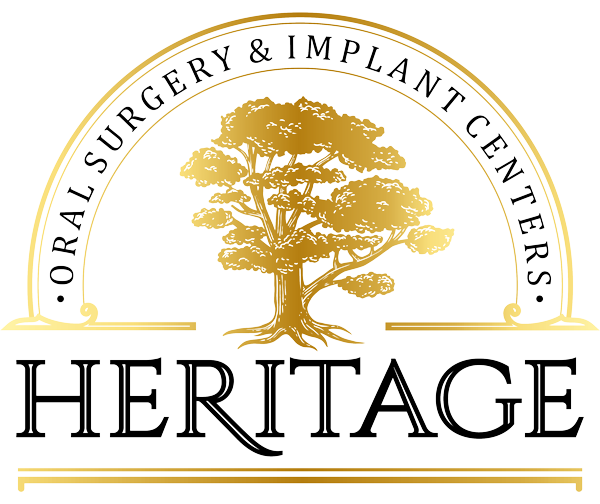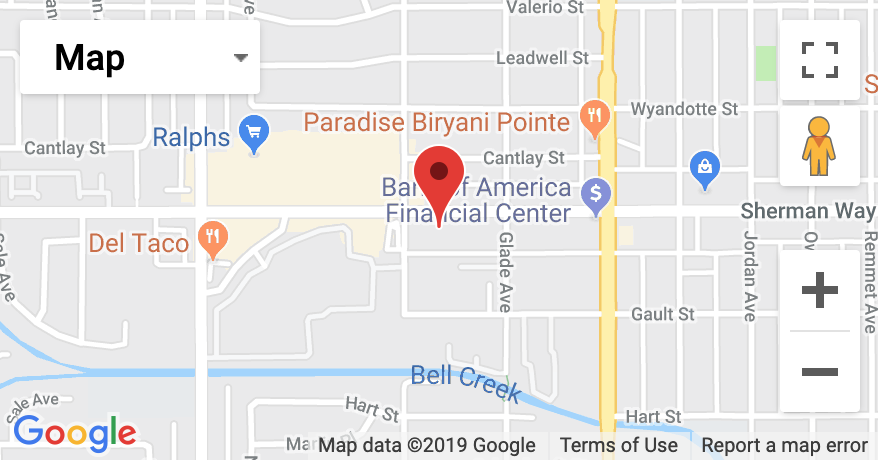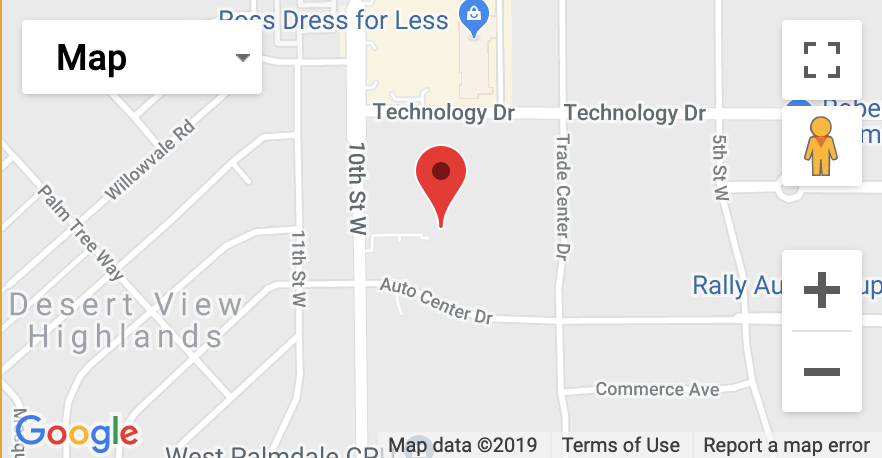An oral pathologist specializes in identifying and treating diseases of the mouth. Oral cancer is one of the most common of these disease types, but our pathologist are also trained to diagnose and treat many other conditions, ranging from cold sores to osteonecrosis of the jaw. If you notice any type of suspicious growth or new condition that has developed in your mouth, call our office for an appointment with one of our oral pathologists right away.
Conditions Treated and Diagnosed by Oral Pathology
Our oral pathology specialists are trained to identify and treat the following:
- Oral cancers
- Salivary gland cancers
- Canker sores
- Fungal infection
- Herpes
- Halitosis (bad breath)
Oral Cancer Symptoms
It’s extremely difficult for a person to know that they have an oral cancer if it is in its early stages. By the time the more noticeable symptoms appear, the cancer is spreading and more developed. This is why it’s important to keep regular dental checkups. Your dentist will notice the early signs of oral cancer. Outcomes are much better when the cancer is detected early. Here are some of the symptoms of oral cancer when it becomes more advanced:
- A sore that will not heal, and which may bleed easily
- A coloration change in any parts of the mouth
- Difficulty chewing, swallowing or speaking
- A lump or rough spot inside the mouth
- Sore throat and hoarseness
Oral Cancer Screening
Dental checkups provide the best opportunity for a train oral pathologist to detect the early signs of oral cancer. Regular checkups and screenings allow your dentist to detect any changes inside the mouth. People who are in higher risk categories for developing oral cancer should be screened at least once a year. Here are the risk factors that can increase your chances of developing oral cancer:
- Over 40 years of age
- Smoking
- Heavy alcohol use
- Genetic history of oral cancer
- Oral HPV infection
An oral cancer screening can be a fairly simple process. It will involve a visual screening in the initial stages. If the oral pathologist notices anything out of the ordinary, additional screening tests will follow.
Oral Cancer Screening Techniques
Modern oral cancer screening has become very sophisticated. There are two main tools used to determine whether a growth or discoloration inside the mouth is, in fact, oral cancer.
Toluidine Blue: Toluidine is a type of blue dye that’s very useful in detecting oral cancers. Your oral pathologist will swab the dye on a suspicious location. If a lesion inside the mouth reacts a certain way to the dye, an oral cancer biopsy will be recommended.
ViziLite Plus: For this test, you first rinse your mouth with a special solution. ViziLite Plus is a specially-designed type of light that will help the oral pathologist identify any problem areas that warrant a closer look. The light is an extremely effective method of identifying oral cancers.
Other tests can include panoramic X-rays and a 3D scan of the interior of the mouth.
Oral Cancer Biopsy Procedure
There are two types of oral cancer biopsies that an oral pathologist can perform. The type of biopsy performed depends on the size of the lesion. The pathologist will remove a tissue sample from the lesion or lump, in order to closely examine it under a microscope. Here are the two types of biopsies:
- Incisional Biopsy: This type of biopsy is used to examine a larger mass. The tissue sample is removed and then examined to determine whether the mass is malignant or benign.
- Excisional Biopsy: For a smaller lump, an excisional biopsy can be performed to remove it in its entirety.
A course of treatment will only be recommended after the oral pathologist determines whether a growth is benign or malignant.
Oral Pathology in Valencia, Palmdale & West Valley
Early detection is always the best defense against oral cancer. Contact our office today if you’ve noticed any changes in your mouth and would like a careful diagnosis to be performed.





